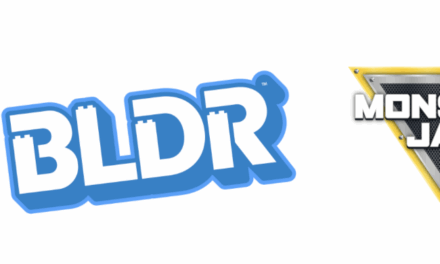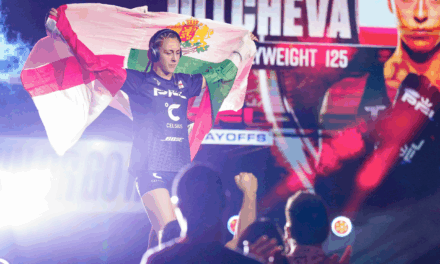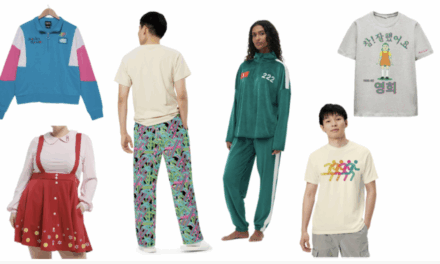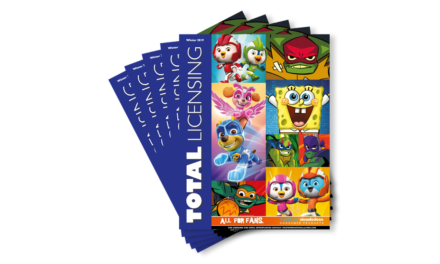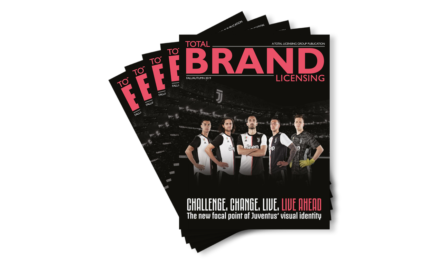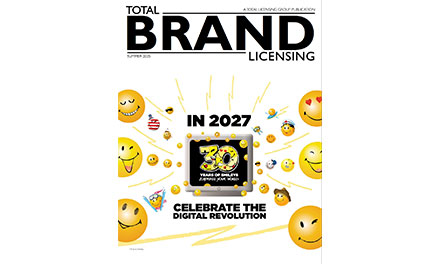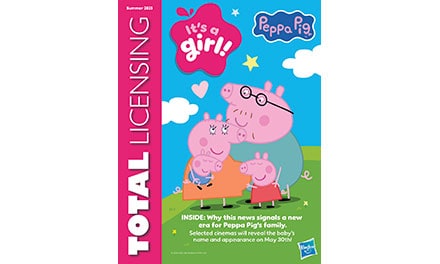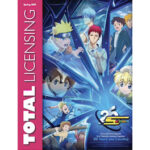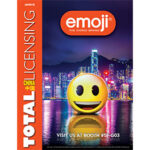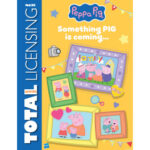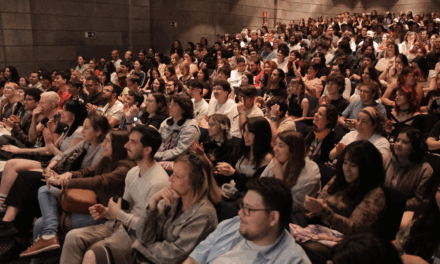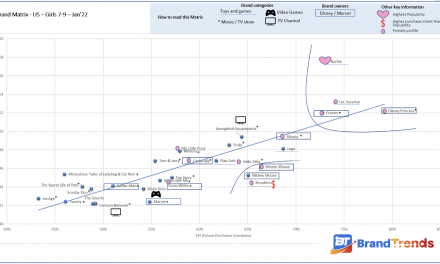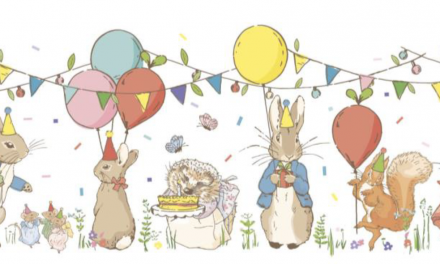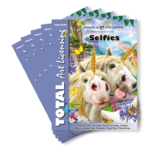
Hurt but Alive – Russian Licensing Industry Awaiting the End of the Pandemic
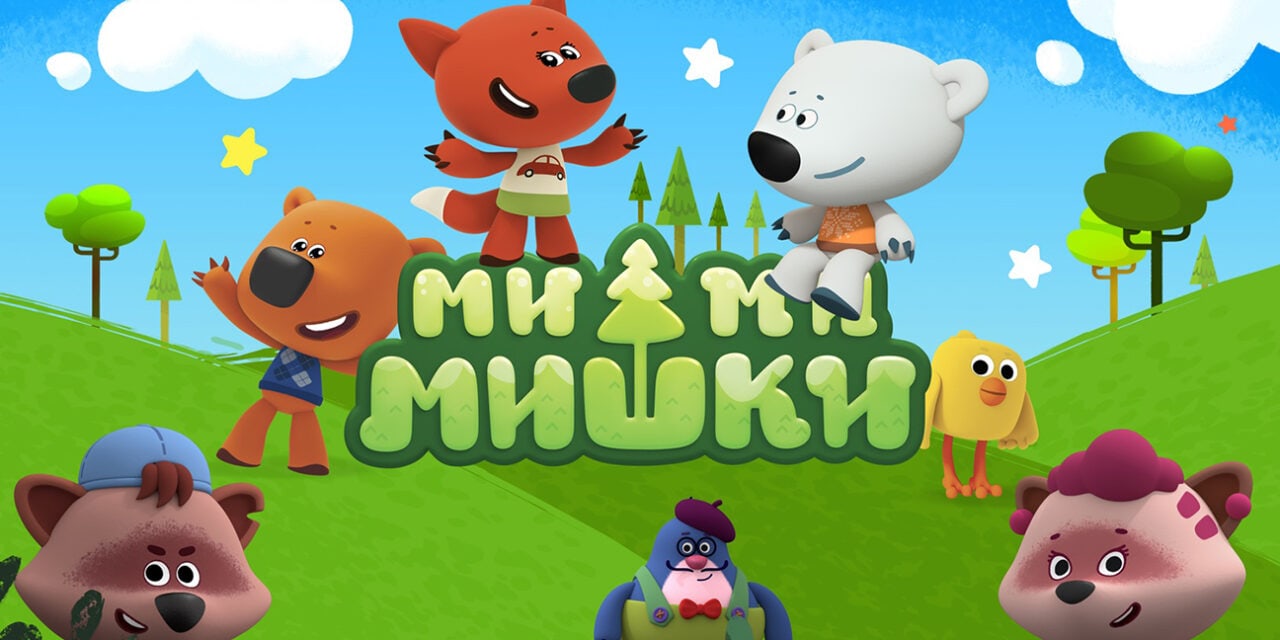
By Mariya Rogozhina, Vestnik
The Covid-19 pandemic is bringing rapid changes to all national economies, and Russia is no exception. Licensing, as every other sector, is affected by the lockdown implications. Which licenses will survive the storm? Which branded products will be in demand in Russia? What support do Russian licensees need and what are the prospects of the licensing market post-pandemic? In a special review for Total Licensing by Vestnik edition, the key players in the Russian licensing industry share their views on the current trends.
Overview
The licensing industry in Russia, as the whole consumer market, is facing tough times due to the Covid-19 pandemic. Customer buying power is falling swiftly as people are losing their jobs, are furloughed or have to take unpaid leave. This means a number of Russian customers are spending their savings while enduring the lockdown. Another sharp drop in the Russian rouble, due to plunging oil prices, made it even worse for the Russian consumer.
In a world of increasing uncertainty, impulse purchases, previously a driver of licensed goods sales, have reduced significantly. Apart from money-saving issues, the reason for this lies in the retail shutdown – emotional spending is an attribute of brick-and-mortar stores. As a result, experts claim a downturn in licensed products sales.
“During the period when strict limitations are imposed and a number of sales channels are disappearing, with shopping malls being closed, there is a decrease in sales in many categories, and licensed goods are no exception,” commented Maya Moskvicheva, CEO, Marmelad Media (Riki Group). “Yet, we’ll be able to analyze the figures and see which categories were affected most, only when we have sales reports for this period from our licensees”.
Categories
The impact of the Covid-19 pandemic differs across product categories.
Oleg Roy, a Russian writer and producer, claims a strong fall in the categories of impulse purchase, such as toys, plush, confectionary, and stationery. Moreover, apparel sales crashed by 70% during two months of the lockdown.
Meanwhile, there is a clear shift to FMCG categories, especially, food and beverages and health care products. Dinnerware, large and small consumer electronics are also seeing growing sales.
“At the moment, customers aren’t making expensive purchases and prefer to save money and buy only essential household items, which makes the upward trend in FMCG sales so prominent”, says Valentina Kursanova, Director, Licensing and Business Development, 0+ Media.
Products that help keep family members busy during self-isolation are also in demand. For instance, there has been a sharp increase in downloads of mobile apps. Moreover, experts are seeing increase in sales of products for children – activities, coloring, art and craft and so on.
Licensing as a benefit
Although the Russian consumer market is stagnating, licensed goods still have the edge over generic products, according to experts.
Consumers, exposed to long-term stress because of the Covid-19 pandemic, crave positive emotions. This is especially true for children’s products and kids’ animation brands that dominate the Russian market.
“Parents who cut spending today still want to make their children happy, and they will put only home essentials and the things that their children ask for in the shopping cart,” explained Yulia Bostanova, Managing Director, Saks Licensing.
“During periods of crisis, licensing has always been a good strategy for launching a product into a market and enhancing brand recognition,” said Lucy Tsoy, Head of Business Development, CTB Film Company.
“In April 2020, TV watching amongst children age 4-17 rose by 34% year-over-year (source: MediaScope), which is only increasing the chances that popular animation licenses will be in demand”.
At the moment, top licenses with strong presence on the largest TV channels (Karousel, Mult and others) are the most competitive. These brands will continue driving sales of licensed merchandise.
“Looking at 2008 and 2014 (during which Russia experienced crises), we see that in periods of instability, licensees opt for only the most popular brands, preferring not to take a risk with new and growing licenses,” continued Lucy Tsoy.
Support for Licensees
Today, many producers of licensed merchandise are facing problems: a significant drop in sales, staff reductions, and difficulties with minimum guarantee payments. In these circumstances, major licensors are ready to support their business partners.
Riki Group, the owner of the Kikoriki and Fixies brands, has established a strategic partnership with a major Russian online-platform Yandex to enhance children’s content promotion and boost online sales of licensed goods via virtual marketplaces.
“It is an important move that we have made as one of the largest Russian companies producing animated children’s content. We consider it is one of the most effective and innovative measures of support that a licensor can offer to his licensees,” noted Maya Moskvicheva.
0+Media, the rights owner of the Be-be-bears, Fantasy Patrol, Leo and Tig brands, offers flexible payment options for new contracts and flexibly considers each request from active licensees for a review of the deal conditions. Moreover, 0+Media develops advertising for its own TV channels, online-platforms, and supports its licensing partners via third-party resources.
“We develop individual offers for all key partners. We provide focused and purposeful support taking into account particular features of the licensed product that the company produces, its seasonal patterns and demand,” says Valentina Kursanova.
STB Film Company, the rights owner of Moonzy and The Barkers, has developed a support program for licensees during the crisis – existing contracts have been extended for six months and royalty rates cut by 20% for new licensees who decide to continue working with brands despite the situation.
“This is not dictated by charity but by rational motives – by helping manufacturers today, we ensure that there will be some around in the future with whom we can produce children’s products”, says Lucy Tsoy.
Trends and perspectives
New products and habits
To adapt to the new reality, a number of manufacturers are expanding the product range with goods that are needed right now. These are items that are in high demand during the lockdown. Some companies launched new lines – branded protective masks, gloves, and sanitizers.
“Those who are ready to be flexible, who monitor changes in demand carefully, who are ballsy enough to try something new will survive the storm. Moreover, they will possibly find new growth points,” suggests Yulia Bostanova. “It will be no surprise if these will be the top licensees – the leaders in their product categories.”
Another trend in a post-pandemic world may be a surge in private labels. “After the crisis, large-scale manufacturers will reinvest in the development of their own brands. As the price will become a defining factor in most product categories, private labels will make an attractive offer for customers,” says Oleg Roy.
The crisis has had a dramatic and lingering impact on the nation’s shopping habits. As a result of self-isolation, “homing” (consumption at home) has reached its peak.
“We think that this trend could stick around even after the lockdown is lifted, and that people will be consuming less and less “on the go”, leading to a reduction in this format and rising sales of larger packs,” comments Lucy Tsoy. “Purchases will increasingly be planned, which means that products, particularly those in impulse categories, must be visible on the shelves.”
Digital
During the lockdown, the digital sector is showing strong growth. The ecommerce market is booming. Presumably, consumer behavior will not change quickly after the pandemic is over, which means it will take time for traffic to bricks-and-mortar to return.
“To communicate effectively with customers, retailers will indorse more VR and AR technologies that allow consumers to change the product appearance and give customers new ways of interaction with the product,” says Maya Moskvicheva. “It is possible that in a post-pandemic life there will be more artificial intelligence, contactless payment and voice assistants. We should develop new licensing goods taking these trends into account.”
“It is critical for animation companies to establish a strong presence on different online platforms. In future, these online resources will provide the opportunity not only to obtain content but also to make purchases of licensed goods,”says Oleg Roy.
The NPD Group’s analysts consider pent up demand as a major factor that will influence the global consumer market post-pandemic. After the lockdown is lifted, licensed goods sales are predicted to grow.
“The licensing industry should be prepared for the period when the lockdown ends,” says Irina Sedova, Analyst, NPD Group. “The moment when parents will go out of their homes with kids will be the perfect time to offer impulse-driven, emotionally charged products”.
However, bright prospects of a peak in demand after the lockdown are dimmed by the overall economic situation in Russia. A predicted decline in consumers’ income will drag licensing revenues down. Of all the 270 brands in the Russian market, only top liсenses that boast strong marketing support will continue to make profits. However, following new economic trends this will help the licensing industry to adapt, make changes and eventually overcome the crisis.

